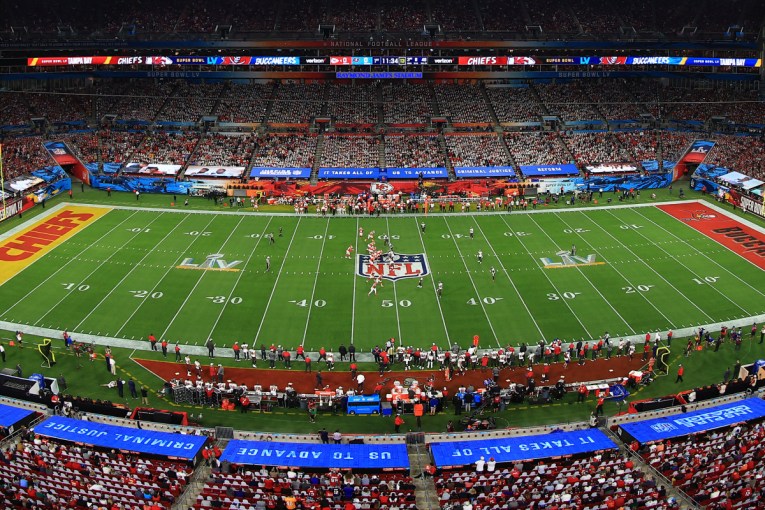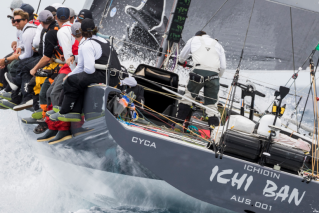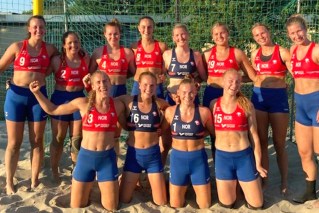Drug cheats to face tough new sanctions
Drawing hard lessons from the Lance Armstrong scandal, global anti-doping authorities are set to move into a new era with tougher sanctions, smarter testing and a different leader.
The World Anti-Doping Agency is also taking a new approach in its effort to catch drug cheats.
It is pursuing investigations and gathering intelligence rather than relying on the blood and urine samples that proved unsuccessful with Armstrong, a serial doper who never failed a test.
A series of proposed changes to the World Anti-Doping Code will be voted on at the World Conference on Doping in Sport. The conference runs next week in Johannesburg.
The revised code will take effect January 1, 2015 – in time for the 2016 Olympics in Rio de Janeiro.
“We’ve got a budget of not even the salary that Wayne Rooney earns at Manchester United,” WADA director general David Howman told The Associated Press.
“I think what you have to do is say, ‘Right, how do you make the bucks you have go as far as they possibly can to get rid of those rotten apples?”‘
In the most obvious deterrent, WADA is proposing to double the standard ban for serious doping offenses from two years to four years, meaning cheaters would miss at least one Olympics.
The move appears to have widespread approval. While current rules allow for four-year bans in aggravated cases, the longer sanctions are rarely enforced and most federations keep to the standard two-year penalty.
A previous IOC rule that banned dopers from the next Olympics was ruled invalid by the Court of Arbitration for Sport. WADA then consulted a judge at the Court of Human Rights to make sure the latest four-year proposal would stand up to legal challenges.
“I can’t see it not being accepted to be honest,” UK Anti-Doping chief executive Andy Parkinson said.
WADA is also re-examining testing procedures, placing more importance on police-style investigations and extending the reach of anti-doping agencies to give harsher punishments to the coaches and trainers, the “athlete entourage” that assists in doping – all factors in Armstrong’s case.
Armstrong was “surrounded by a lot of rotten apples,” Howman said.
WADA also proposes lengthening the statute of limitations in doping cases from eight to 10 years. That would allow the storage and re-testing of samples for up to a decade.
With these changes being considered, WADA will elect a new president. Craig Reedie, an International Olympic Committee vice president from Britain, is the only candidate. He is set to succeed former NSW Premier John Fahey as WADA president, taking over January 1, 2014.








